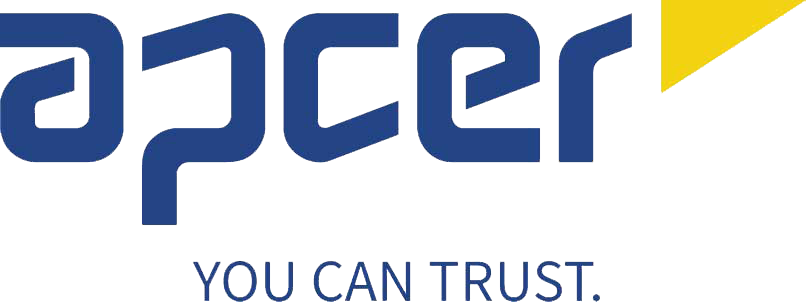About Higg FEM Audits
The Higg Facility Environmental Module (Higg FEM) is a tool developed by the Sustainable Apparel Coalition (SAC) to measure and quantify the environmental impacts of production facilities in the fashion and textile industry. This module, part of the Higg Index, is the result of collaboration between industry leaders, NGOs, and sustainability experts, aiming to promote transparency and continuous improvement in production operations.
Applicable to various production facilities, such as garment factories, weaving mills, and dyeing units, the Higg FEM is used by large international brands as well as small and medium enterprises. The tool helps improve environmental performance and meet consumer demands for greater transparency and sustainability.
The Higg FEM evaluates a variety of critical areas in a facility’s operations, including:
- Environmental Management System: Evaluates the effectiveness of the environmental management system.
- Energy and Greenhouse Gas Emissions Management: Analyzes energy consumption and associated emissions, encouraging the implementation of energy efficiency measures and carbon reduction.
- Water Use: Assesses water resource management, promoting practices to reduce consumption and effective wastewater treatment.
- Waste Management: Examines waste production and management, promoting waste minimization and recycling practices.
- Chemicals: Evaluates the use and management of chemicals, encouraging the substitution with less harmful alternatives and responsible management.
Verification Process:
The Higg FEM verification process involves several critical steps to ensure the accuracy and credibility of the reported data:
- Self-Assessment: Facilities complete the Higg FEM questionnaire with detailed data on their environmental practices and performance.
- Independent Verification: APCER reviews the provided data, conducts on-site audits when necessary, and verifies compliance with SAC’s established criteria.
- Reporting and Analysis: Verification results are compiled into a detailed report, highlighting areas of compliance and identifying opportunities for improvement.
- Action Plan: Based on the report, the facility develops an action plan to address critical areas and continuously improve their environmental performance.
APCER is an approved verifier for Higg FEM verifications, possessing the expertise and qualifications necessary to conduct these verifications rigorously and impartially.
Why Conduct a Higg FEM Verification?
Transparency and Credibility: Ensures the accuracy of reported environmental data.
Continuous Improvement: Provides constant evaluations and feedback.
Market Access: Opens access to new markets that value sustainability, enhancing the company’s global competitiveness and reputation.
Compliance with Environmental Standards and Regulations: Reduces legal and operational risks.
Stakeholder Engagement: Strengthens relationships with stakeholders, including consumers, investors, and NGOs, who increasingly demand transparency and environmental responsibility.
Why Choose APCER?
Extensive experience in global environmental audits and verifications, ensuring organizational sustainability and compliance.
Quick verification planning.
Highly competent auditors.
Dedicated client manager.














